“What marketing tools work in small business” I was asked many times.
Several marketing tools are effective for small businesses, helping them streamline processes, reach their target audience, and drive growth. Here are some popular marketing tools that work well for small businesses:
1. Mailchimp: Mailchimp is a popular email marketing platform that allows small businesses to create and send email campaigns, automate email sequences, segment their audience, and analyze campaign performance.
2. Hootsuite: Hootsuite is a social media management platform that enables small businesses to schedule posts, monitor social media activity, engage with their audience, and analyze social media performance across multiple platforms.
3. Google Analytics: Google Analytics provides valuable insights into website traffic, user behavior, and conversion metrics. Small businesses can use Google Analytics to track the performance of their website, identify opportunities for optimization, and make data-driven decisions.
4. Buffer or Zoho Social: Buffer is a social media scheduling tool that allows small businesses to schedule posts, analyze performance, and manage multiple social media accounts from a single dashboard. It also offers features for content curation and collaboration. Similar functionality is available in Zoho Social, a part of Zoho One apps.
5. Canva: Canva is a graphic design platform that enables small businesses to create professional-looking graphics, social media posts, presentations, and marketing materials using customizable templates and easy-to-use design tools.
6. Zoho CRM or Agile CRM: Zoho CRM offers a suite of marketing, sales, and customer service tools designed for small businesses. It includes features for email marketing, lead generation, CRM, social media management, and content management.
7. WordPress: WordPress is a versatile content management system (CMS) that allows small businesses to create and manage their websites easily. With thousands of themes and plugins available, WordPress offers flexibility and scalability for businesses of all sizes.
8. Shopify or Magento: e-commerce platforms that enable small businesses to create and manage online stores. They provide tools for product management, order processing, payment processing, and marketing, making it easy for small businesses to sell products online.
9. SurveyMonkey: SurveyMonkey is a survey tool that allows small businesses to create and distribute surveys to collect feedback from customers, employees, or other stakeholders. It offers customizable survey templates, advanced analytics, and integration options with other tools.
10. SEMRush: SEMRush is an all-in-one digital marketing tool that offers features for SEO, PPC, content marketing, social media, and competitive research. Small businesses can use SEMRush to improve their online visibility, track competitors, and optimize their digital marketing strategies.
These are just a few examples of marketing tools that work well for small businesses. Depending on their specific needs and goals, small businesses may choose to invest in a combination of these tools to support their marketing efforts and drive growth.
You have a full range of tools and methods:
- You know all off-line marketing tools like:
- banners
- business cards
- advertisements in radio,
- press,
- visual identity – papers,
- calendars,
- even packages,
- off-line catalogs,
- trade shows
- membership of professional organizations, etc.
- Online tools:
- website/ online shop
- email campaigns
- affiliate systems
- other portals
- blogs
- podcasts
- online catalogs
- social media
Recently I got a request to help one wholesaler that sells interior design products. They had a clear vision and great products to present.
But they forgot about hotels and restaurants as their prospective clients. After analysis, I suggested to take care about them.
They had to change a little bit of their marketing strategy and materials to enter and get such clients.
There is another story for B2B small business marketing tools.
There are plenty of tools but you have to be realistic about what you can afford, but more than that, what will actually help you where you are.
If you build your expertise, sell your products to prospective customers, the best and less time and money consuming tools are the following:
B2B marketing tools:
1. Consistently post actionable content on your blog.
2. Guest post on sites that have a larger audience than you.
3. Be interviewed on podcasts.
4. Build your email list – better with CRM, automation marketing like Marketo, SalesManago, Zoho CRM, or Pipedrive.
5. Connect with your audience and know what they actually need – use good landing pages, test your website using the Optimisely app.
6. Create, modify products and services on regular basis – to be always on the top of interest.
You noticed that I didn’t mention any Adwords or affiliates campaigns here. Yes, I think that for long term operations, you can successfully operate without it.
Adwords conversion rates dropped rapidly. Too many companies are using it. You will find many tutorials on how to differentiate, how to build a successful campaign. All these tutorials are based on history. Please remember that Google is changing all the time its machine.
Of course, I can help – I specialize in marketing processes automation, especially.
I know and use many tools that can be useful for small, medium companies. Some of them can be also applied to huge companies but they use different tools.

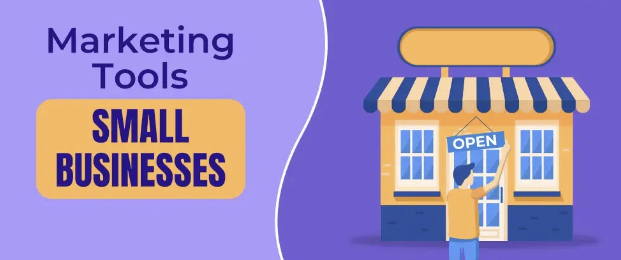
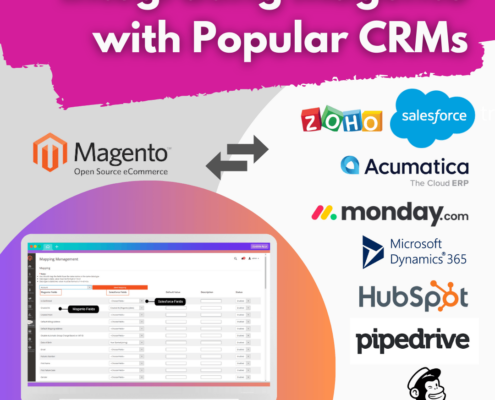 Digideo
Digideo Digideo
Digideo Digideo
Digideo
 Digideo
Digideo Digideo
Digideo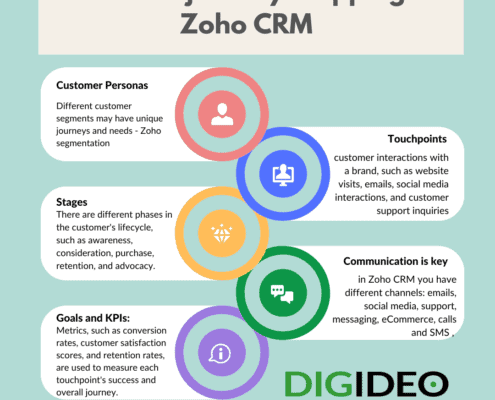 Digideo
Digideo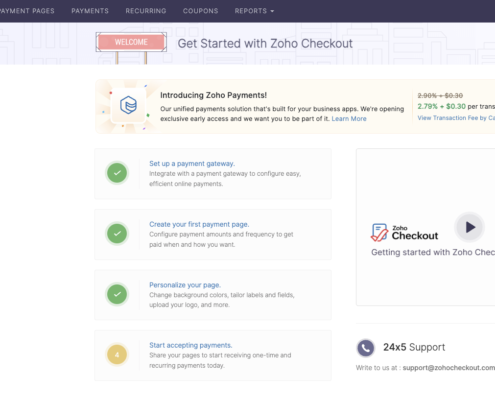
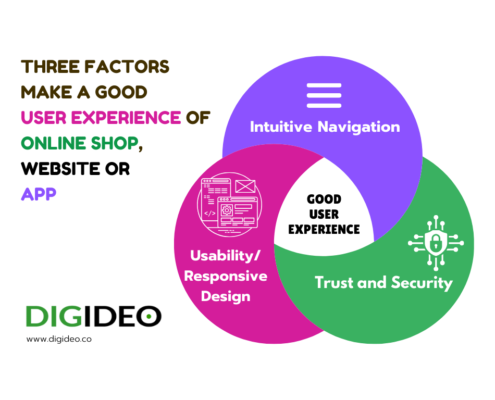 Digideo
Digideo